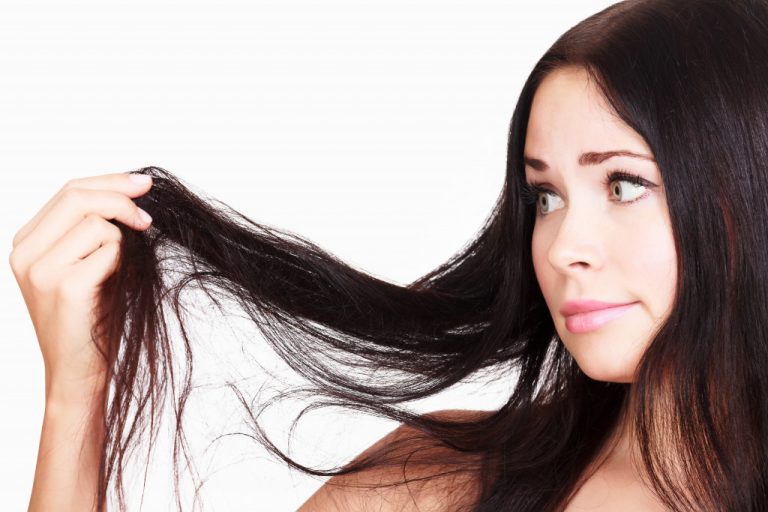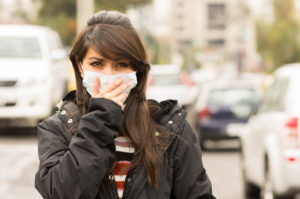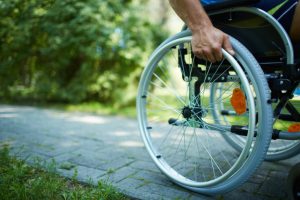• Cold weather can strip the moisture from your hair, so invest in a deep-conditioning treatment.
• Heat styling tools can damage your hair over time, so always employ a heat protectant before styling.
• Shampooing too frequently can strip the natural oils from your scalp, so try to shampoo less frequently.
• Eating a nutritious diet and staying hydrated can help keep your hair nourished and healthy-looking.
• Talk to your doctor about any underlying health issues that could be causing dull or dry hair.
Nothing is more frustrating than spending hours styling your hair only to have it fall flat or become frizzy within minutes. If you find yourself struggling with dull, lifeless, or frizzy hair, you’re not alone. Many factors can contribute to this problem, including environmental factors, daily habits, and even your diet. In this blog, you will learn about the things that could be causing your hair woes.
Cold Temperatures
Cold winter weather can wreak havoc on your hair. The cold, dry air can sap the moisture from your hair, leaving it dull and lifeless. To combat this, invest in a deep-conditioning treatment or hair mask that can help restore moisture to your locks. You should also consider using a leave-in conditioner, protective styling product, or even a winter hat to help protect your strands from the elements.
Additionally, you should ensure that your home’s temperature is optimal. As mentioned, if the air around you is too cold and dry, your hair will be damaged. If this is the case, consider employing the help of a professional heating service provider. They can help you get the temperature in your home just right. They can do this by providing services such as furnace repair to ensure your home has proper heating and ventilation. And when your home’s temperature is just right, your hair will thank you.
Heat Styling

Curling irons, straighteners, and blow dryers can all damage your hair over time. If you use heat styling tools frequently, you may notice that your hair is dull, dry, or even breaking. To minimize damage, make sure that you’re using a heat protectant spray before styling, and try to limit the use of heat tools to special occasions.
Shampooing Too Frequently
While it’s essential to keep your hair clean, over-shampooing can actually do more harm than good. Shampoo strips your scalp of natural oils, which can leave your hair feeling dry, itchy, and frizzy. Instead, try shampooing every other day or even less frequently if you have dry or damaged hair. On non-shampoo days, use a dry shampoo or spritz your hair with a leave-in conditioner to help keep it fresh and manageable.
Diet and Hydration
What you eat and drink can have a significant impact on the health of your hair. Eating too much processed food, consuming too much sugar, or not getting enough of the right nutrients can lead to dull and lifeless hair. So make sure you’re eating plenty of foods that are rich in the following vitamins and minerals:
Biotin
Biotin is known as the “beauty vitamin” since it helps promote healthy hair, skin, and nails. It can be found in foods like eggs, avocados, nuts, salmon, and sweet potatoes.
Vitamin C
Vitamin C is essential for collagen production, which is necessary for strong and healthy hair. It can be found in foods like oranges, strawberries, and red bell peppers.
Iron
Iron helps carry oxygen to your hair follicles which is essential for healthy hair growth. You can find iron in lean meats, spinach, lentils, and fortified cereals.
Zinc
Zinc is vital for healthy hair since it helps with the production of sebum, an oily substance that keeps your strands shiny and hydrated. You can find zinc in foods like oysters, fortified cereals, pumpkin seeds, and yogurt.
Omega-3 fatty acids
Omega-3 fatty acids are essential for healthy hair and scalp. These can be found in walnuts, flax seeds, salmon, and chia seeds.
In addition, staying hydrated by drinking plenty of water can help keep your hair hydrated and healthy-looking.
Stress and Hormonal Changes

Stress and hormonal changes can also affect the health of your hair. If you’re experiencing hair loss or changes in texture, consider talking to your doctor or a hair specialist to rule out any underlying health issues. Practicing stress-reducing activities like meditation or yoga can also help improve the overall health of your hair.
No matter the cause of your dull, frizzy hair, solutions are available to help you get back on track. Cold temperatures and heat styling can damage your locks if not considered, so try using a winter hat or protective product before heading out in cold weather. You should also limit the use of heat tools when styling and shampoo less frequently for optimal results.
Additionally, consider changing your diet to include foods rich in biotin, vitamin C, iron, zinc, and omega-3 fatty acids for healthier-looking hair. Finally, make sure you drink plenty of water throughout the day and try stress-reducing activities like yoga or meditation to keep your hormones balanced.













